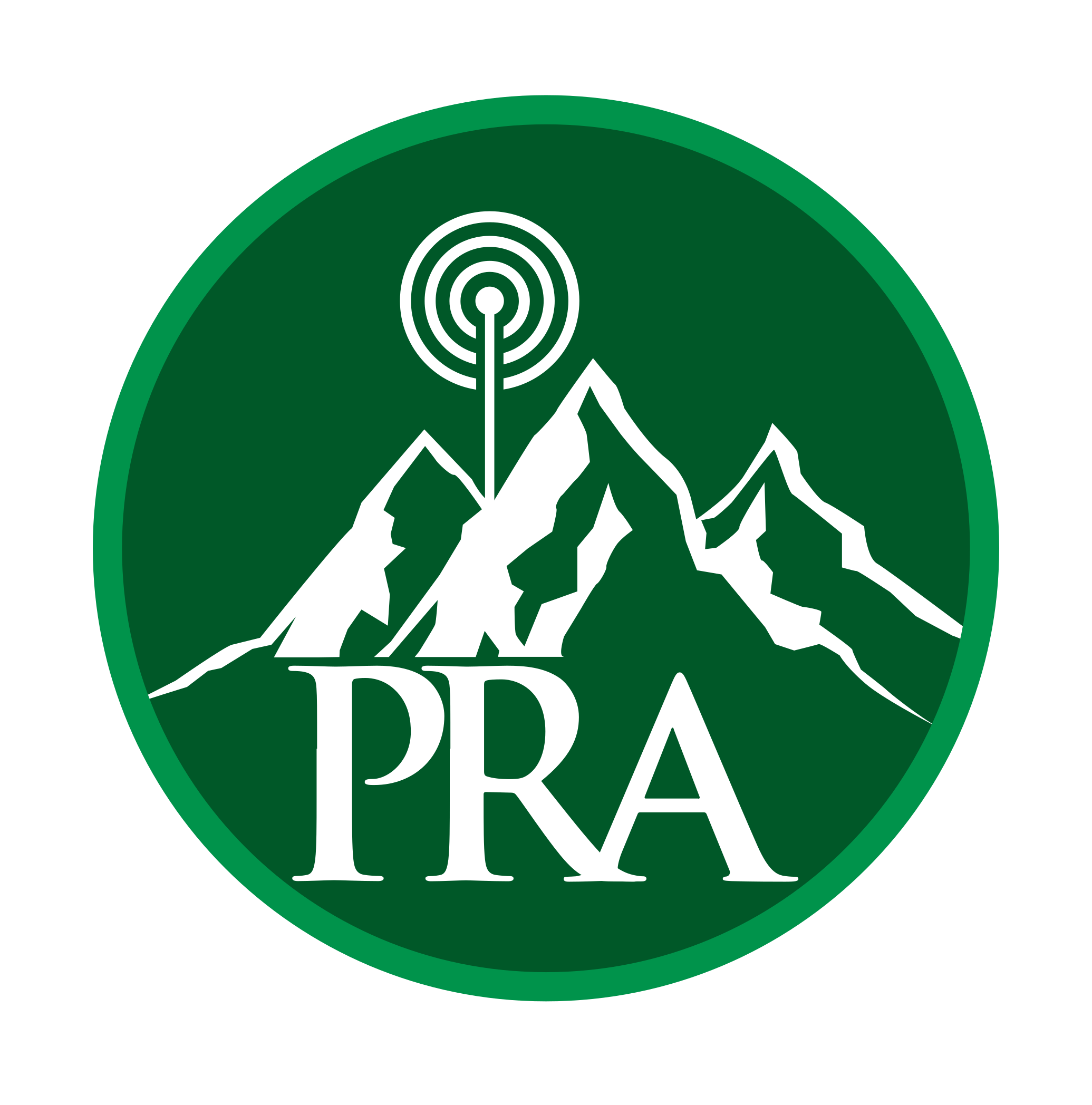
The importance of preparedness in this field cannot be overstated. Whether it’s a natural disaster, a community event, or an unexpected situation, amateur radio operators play a crucial role in maintaining communication when other means fail. In the PRA, we make good use of our monthly meetings and Elmer Nights to support learning, development and improvement of skills in communication.
One of the primary reasons for the existence of amateur radio is to provide a reliable means of communication during emergencies. In times of crisis, traditional communication networks like cellular and internet services can become overwhelmed or inoperable. Prepared and trained amateur radio operators can quickly establish communication links, providing vital information to emergency responders and affected communities. This capability can save lives and facilitate efficient disaster response.
Beyond emergencies, ham radio operators often support community events, such as marathons, parades, and festivals. We see this throughout the year within the PRA. Whether it is Parker Days, Wings Over The Rockies, or other events, we are prepared. Preparedness ensures that these events run smoothly and safely, as hams provide real-time communication and coordination for event organizers and participants. Their involvement can range from ensuring lost individuals are quickly reunited with their groups to managing logistics and safety concerns.
Preparedness in amateur radio also means staying current with technology and skills. As communication technologies evolve, hams must continuously learn and adapt. This includes understanding the latest radio equipment, digital modes, and protocols. By staying prepared, amateur radio operators can effectively utilize new tools and techniques, enhancing their ability to communicate in diverse situations.
Preparedness in amateur radio fosters personal growth. Continuous improvement is paramount within amateur radio and it is our responsibility to enhance our skills. Operators develop skills in electronics, communication protocols, and problem-solving. They learn to think critically and act quickly, especially in high-pressure situations. This continuous learning and practice make hams valuable assets in their communities and beyond.
Amateur radio clubs and groups, like the Parker Radio Association, emphasize the importance of preparedness through regular training, meetings, and hands-on activities. These gatherings help build a sense of community among hams, fostering a culture of readiness and mutual support. Whether it’s participating in Field Days, setting up portable stations, or conducting drills, these activities prepare hams for real-world scenarios.
Preparedness in amateur radio is vital for ensuring effective communication in emergencies, supporting community events, staying technically adept, and fostering personal and communal growth. For amateur radio operators, being prepared is not just a hobby; it’s a responsibility and a way to contribute positively to society.
73,
Dan – N2SRK
President
Parker Radio Association
